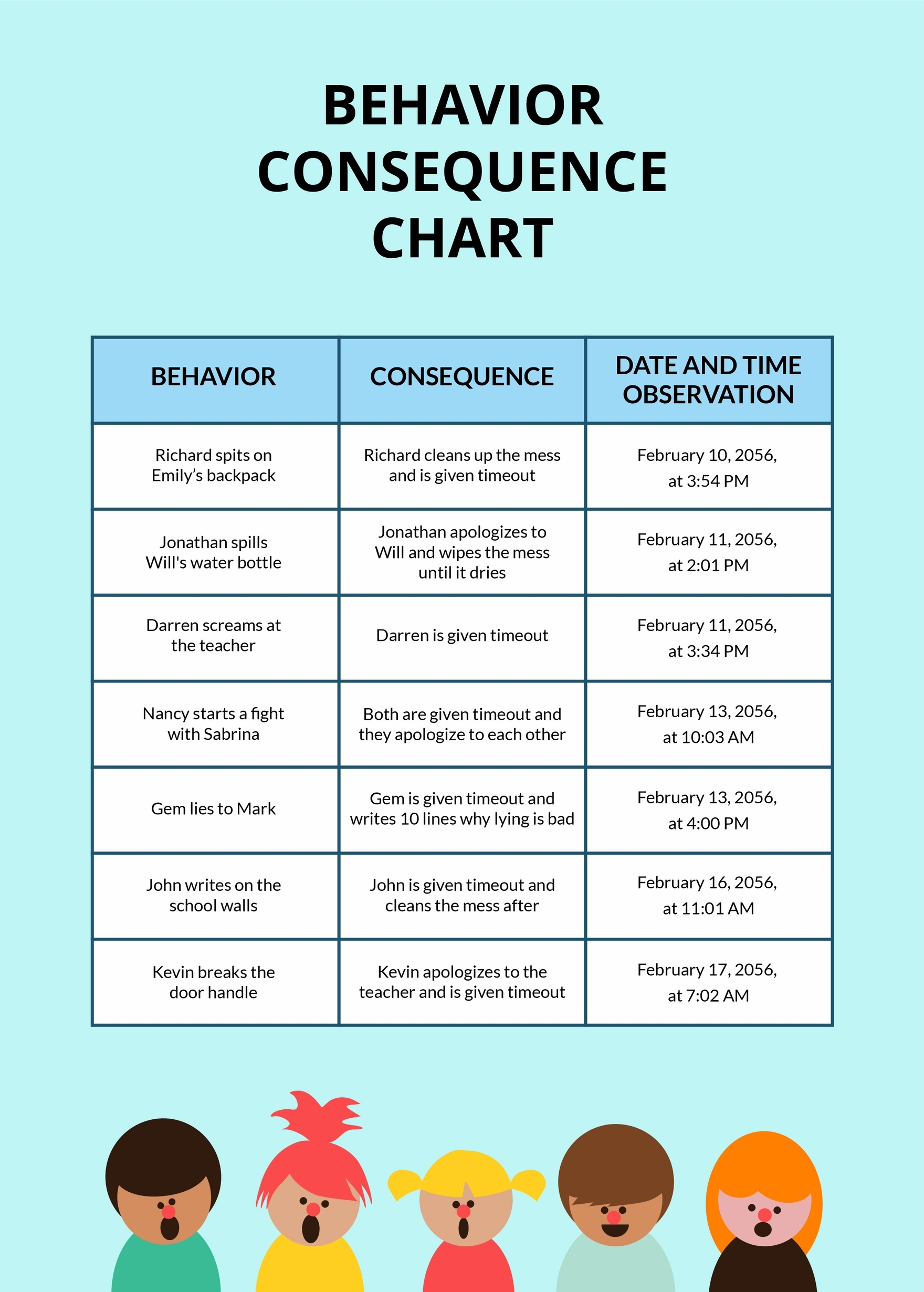As parents, we are constantly bombarded with advice on what our children should and shouldn’t eat. One area that is often discussed is the link between food and behavior. Many parents have observed changes in their children’s behavior after consuming certain foods, but is there really a connection?
Research suggests that there may indeed be a correlation between the foods children eat and their behavior. The foods we consume can have a direct impact on our mood, energy levels, and overall well-being. For children, whose bodies and brains are still developing, this impact can be even more pronounced.
Food and Children’s Behavior
Processed foods high in sugar, artificial additives, and preservatives have been linked to hyperactivity, irritability, and difficulty concentrating in children. These foods can cause blood sugar spikes and crashes, leading to mood swings and behavioral issues.
In contrast, a diet rich in whole foods such as fruits, vegetables, whole grains, and lean proteins has been shown to support healthy brain function and stable energy levels. These foods provide essential nutrients that are crucial for cognitive development and emotional regulation in children.
In addition to the types of foods children eat, the timing of meals and snacks can also impact their behavior. Skipping meals or going too long without eating can lead to irritability and poor decision-making. On the other hand, regular, balanced meals and snacks can help stabilize blood sugar levels and support a child’s overall well-being.
Parents play a crucial role in shaping their children’s eating habits and behavior. By providing nutritious meals and snacks, limiting processed foods, and modeling healthy eating behaviors, parents can help set their children up for success both in terms of their physical health and their behavior.
In conclusion, the foods children eat can have a significant impact on their behavior. By prioritizing whole, nutrient-dense foods and establishing healthy eating habits, parents can help support their children’s emotional and cognitive development. Making informed choices about food can contribute to overall well-being and positively influence behavior in children.
